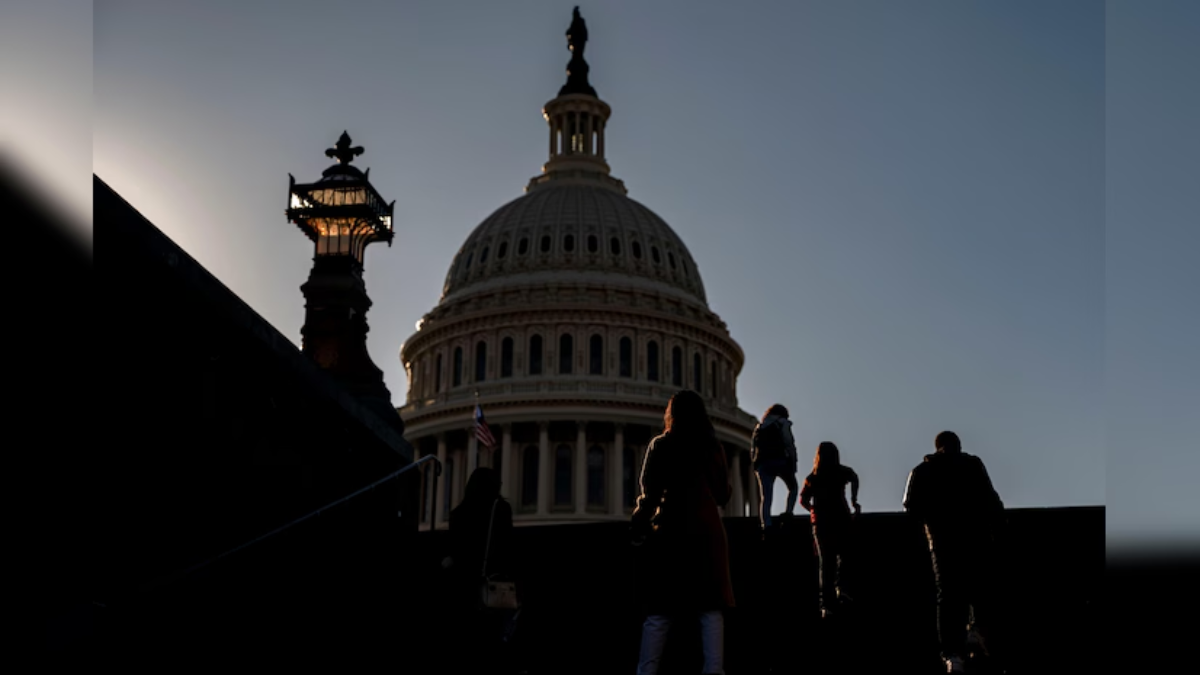In a significant win for fiscal conservatives, House Republicans have effectively killed the proposed “Millionaire Tax” in the passage of a comprehensive new federal budget. The wealth tax, which aimed to increase levies on individuals earning over $1 million annually, was stripped from the final version of the budget bill—hailed by GOP lawmakers as “one big, beautiful bill.”
The legislation, which includes extended tax cuts, defense spending boosts, and regulatory rollbacks, passed the House along partisan lines.
The rejection of the millionaire tax has sparked heated debate on Capitol Hill, with Democrats accusing Republicans of shielding the wealthy while working-class Americans struggle with inflation, health costs, and economic uncertainty.
What Was the Millionaire Tax Proposal?
The now-rejected tax provision proposed an incremental surtax on incomes exceeding $1 million, starting at 3% and rising to as high as 5% for ultra-high earners. Modeled after similar state-level proposals in California and Massachusetts, the plan was intended to generate billions in additional federal revenue.
Supporters of the tax argued that America’s wealthiest citizens should contribute more toward:
- Reducing the national deficit
- Expanding healthcare access
- Supporting climate action initiatives
- Strengthening Social Security and Medicare
The idea gained traction amid growing wealth inequality and recent IRS data showing that the top 1% of earners captured more than 20% of all U.S. income in recent years.
However, House Republicans were unmoved, describing the measure as a “punishment on success” that would discourage investment and economic growth.
GOP Lawmakers: “We Don’t Punish the American Dream”
House Budget Committee Chairman Jodey Arrington (R-TX) and Speaker Mike Johnson (R-LA) led the charge against the millionaire tax. In a press conference following the bill’s passage, Arrington declared,
“This budget sends a clear message: We support the American Dream, not punish it.”
Many Republicans echoed the sentiment. Rep. Kevin Hern (R-OK), a member of the powerful Ways and Means Committee, emphasized the need for pro-growth policies.
“Entrepreneurs, job creators, and small business owners need certainty and incentives—not arbitrary taxes based on income thresholds,” Hern said.
The final budget bill extends Trump-era tax cuts, limits non-defense discretionary spending, and includes modest reforms to entitlement programs, all without any new taxes on the wealthy.

Democrats Slam GOP’s Rejection of the Wealth Tax
Progressive Democrats were quick to condemn the removal of the millionaire tax. Rep. Pramila Jayapal (D-WA), chair of the Congressional Progressive Caucus, called the decision “immoral,” saying,
“At a time when millions of Americans can’t afford rent or health care, Republicans are defending billionaires who fly in private jets and pay a lower tax rate than teachers.”
Senator Elizabeth Warren (D-MA), a long-time advocate for wealth taxation, accused House Republicans of being beholden to corporate donors and out of touch with middle America.
Even President Biden weighed in, stating that while the House bill lacks the balance his administration seeks, he remains hopeful the Senate will restore measures that promote tax fairness.
Public Support for Wealth Tax Remains Strong
Polling suggests broad public support for higher taxes on the ultra-wealthy. A recent survey from the Pew Research Center found that 60% of Americans—including a majority of Independents—believe the government should raise taxes on individuals earning more than $1 million annually.
The appeal of such policies has grown as wealth disparities have become more visible. During the pandemic, billionaire wealth surged while millions of working-class families faced eviction, unemployment, or rising debt.
Despite public sentiment, Republican lawmakers maintain that wealth taxes are ineffective and would drive investors and businesses out of the country, hurting long-term economic stability.
Budget Bill Now Heads to the Senate
With the House version of the budget complete, the measure now advances to the Senate, where Democrats hold a slim majority. Senate Majority Leader Chuck Schumer (D-NY) has already indicated a desire to reintroduce the millionaire tax and other revenue-generating provisions.
Negotiations between the House and Senate are expected to be contentious. Some moderate Democrats, especially those in swing states, have signaled concern about adding new taxes ahead of the 2026 midterms.
Nonetheless, the budget fight will remain a critical test of party priorities heading into the next election cycle.
President Biden, meanwhile, is expected to propose an alternate budget that includes similar surtaxes on high earners as part of his 2025 agenda.
Conclusion
The House GOP’s removal of the millionaire tax from the federal budget reflects deeper ideological divisions over how to fund the government and address income inequality. For Republicans, the focus remains on tax cuts and deregulation, while Democrats push for redistributive policies targeting the wealthy.
As the bill moves to the Senate, the debate over fair taxation, economic responsibility, and fiscal justice continues to intensify—shaping not only the future of this year’s budget but the narrative of the 2026 elections.
For more detailed updates on federal tax legislation and budget policy, visit Tax Policy Center.
Disclaimer – Our team has carefully fact-checked this article to make sure it’s accurate and free from any misinformation. We’re dedicated to keeping our content honest and reliable for our readers.
